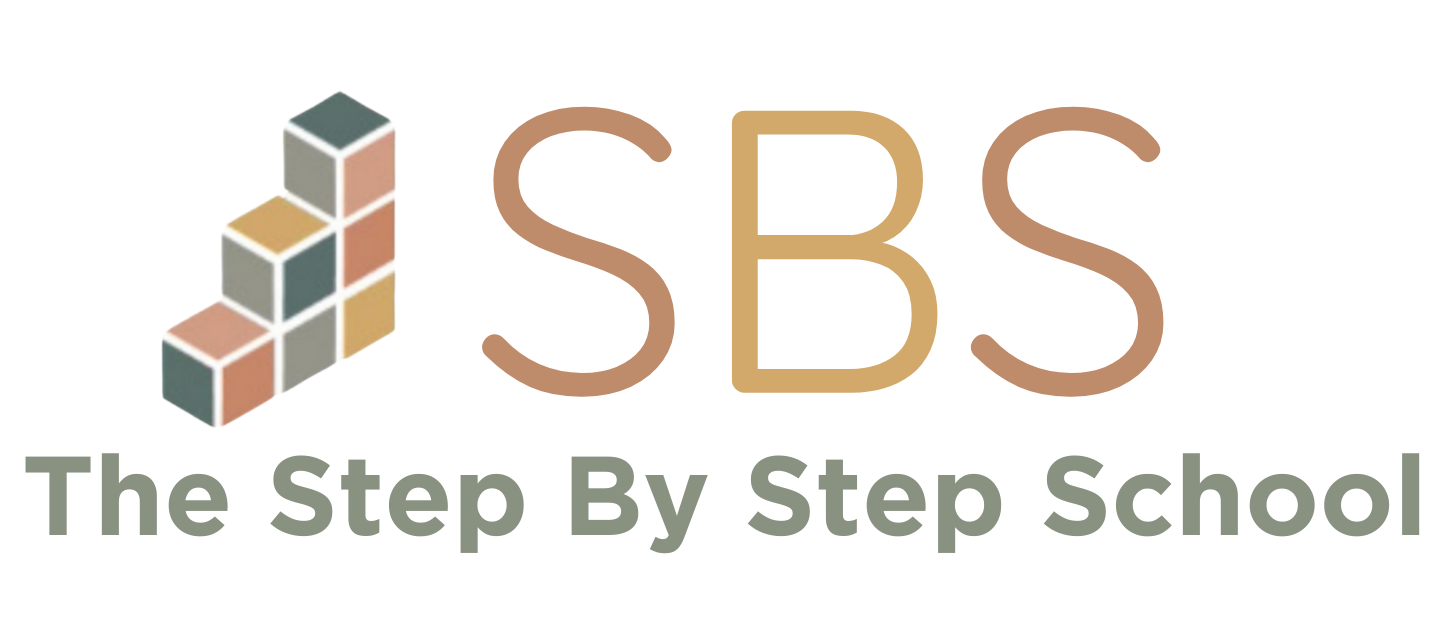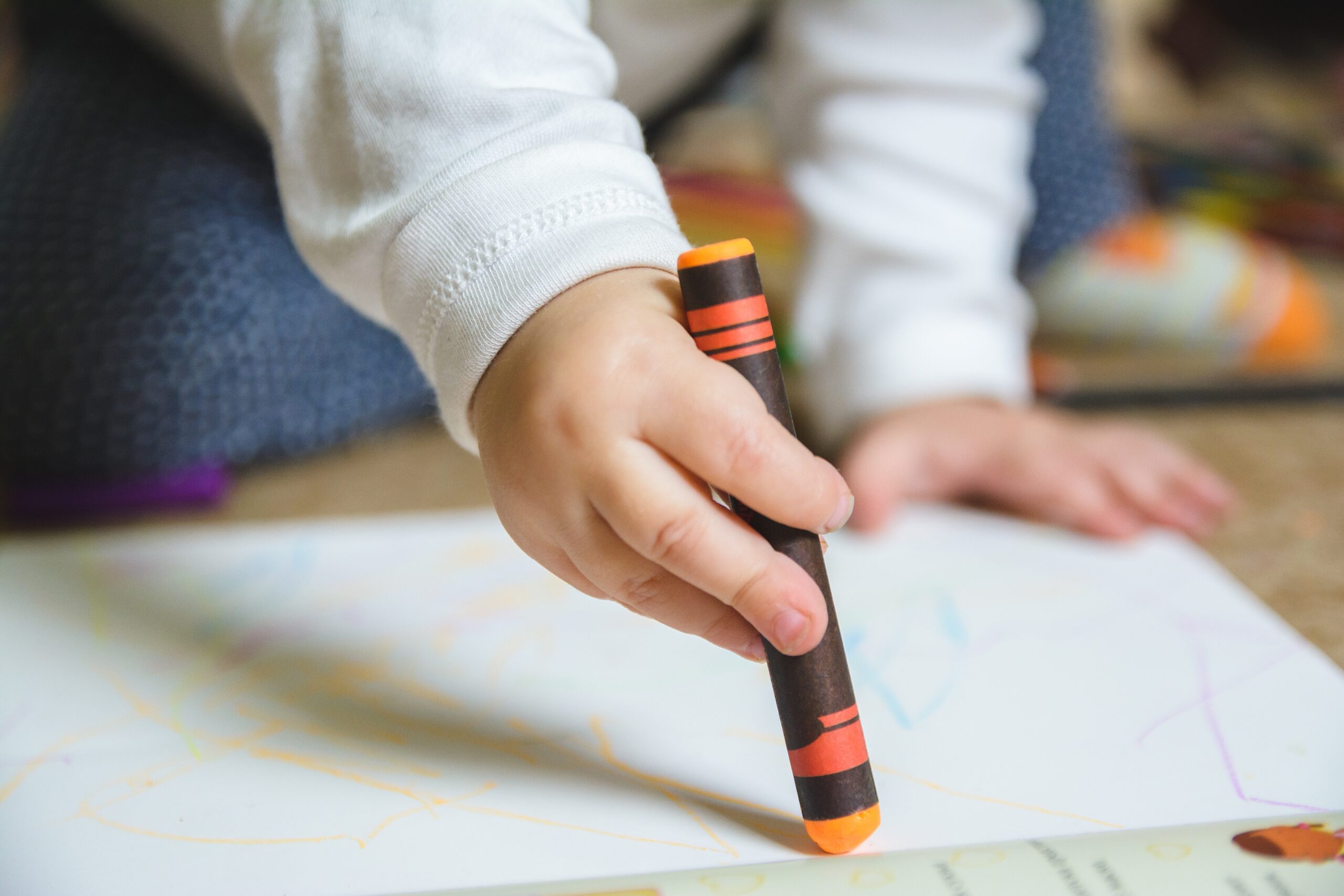Starting preschool is a major milestone for both parents and children. It marks the beginning of a child’s formal learning journey and lays the groundwork for academic and social success. But how do you know when your little one is truly ready?
At The Step by Step School, we’ve worked with hundreds of families in Hudson and Monroe, helping children take their first confident steps into the world of early education. In this guide, we’ll walk you through five clear signs your child may be ready for preschool and share expert-backed tips to help them thrive in this exciting new environment.
1. Your Child Shows Interest in Other Kids
Social curiosity is one of the earliest indicators of preschool readiness. If your child shows interest in playing with other kids — even just watching them or trying to join in — that’s a positive sign. Preschool involves daily interactions with peers, and comfort around others helps ease the transition.
To encourage this skill, consider arranging playdates or taking your child to parks or local storytimes in Hudson or Monroe. Gradually, they’ll learn how to share, take turns, and communicate their needs — all vital preschool social skills.
👉 Related: Why Preschool Matters: Building the Foundation for Lifelong Learning
2. Your Child Can Follow Simple Instructions
Preschool routines include instructions like, “Put your toys away,” or “Line up for snack time.” A child who can follow simple, two-step directions — like “Pick up your shoes and bring them to me” — is likely ready to thrive in a preschool classroom.
Start practicing these small tasks at home. Offer praise and encouragement when your child follows through. This builds both confidence and listening skills.
Local preschools in Monroe and Hudson often incorporate fun activities that reinforce these skills through games, songs, and stories — making learning both structured and joyful.
3. Your Child Is Somewhat Independent
Preschool encourages independence. While your child doesn’t need to be fully self-sufficient, basic skills like using the bathroom with minimal help, washing hands, and feeding themselves are important.
If your child still needs support in these areas, now’s the time to start practicing. Make it fun — use picture charts, rewards, and storytelling to teach routines. Independence builds confidence and helps kids feel capable in new situations.
In both Hudson and Monroe, many preschools offer gentle, supportive guidance for building self-help skills — but it helps if your child comes in with a little practice.
4. Your Child Can Handle a Group Environment
Preschool classrooms can be lively. They’re filled with sounds, movement, and structured activities. Children who can sit and listen for short periods — even just 5–10 minutes — and engage in group tasks are generally more prepared for the preschool day.
You can support this at home with storytime, simple crafts, or family mealtime discussions. These activities help children practice patience, listening, and following group routines.
Schools like ours in Hudson and Monroe help kids build focus through playful repetition and consistent schedules. Over time, this naturally extends their attention spans.
5. Your Child Is Emotionally Ready for Separation
One of the biggest hurdles in starting preschool is saying goodbye at drop-off. If your child can separate from you for short periods without extreme distress — like staying with a babysitter or grandparent — that’s a strong sign they’re ready.
Separation anxiety is normal, but it can be eased with preparation. Practice quick separations, talk positively about preschool, and create a goodbye routine that gives your child a sense of security.
At The Step by Step School in Monroe and Hudson, we focus on gentle transitions. Our teachers are trained to help children feel safe, seen, and supported from the very first day.
How to Help Your Child Thrive in Preschool
Preschool success isn’t just about readiness — it’s about support. Here’s how you can help your child thrive:
-
Establish Routines: Consistent bedtimes and morning habits help kids adjust to the structure of a school day.
-
Talk About Preschool: Read books, visit the classroom beforehand, and use positive language to build excitement.
-
Stay Involved: Communication with teachers, volunteering, and participating in events keeps you connected and informed.
-
Encourage Curiosity: Foster a love of learning through play, exploration, and praise for effort rather than outcomes.
-
Celebrate Milestones: Whether it’s the first full day or learning to write their name, celebrate the little wins!
Want more tips? Visit our blog for helpful parenting advice and early education resources.
Preschool Programs in Hudson and Monroe
Families in Hudson and Monroe are fortunate to have access to a range of high-quality preschool options. From nature-based learning to Montessori-inspired classrooms, there’s a fit for every child’s needs.
At The Step by Step School, our programs focus on building the whole child — socially, emotionally, and academically — with play-based learning and strong teacher-child relationships.
📍 Want to explore programs near you? Schedule a tour with us and discover why local parents trust us with their children’s first learning steps.
Conclusion: Trust the Signs and Support the Journey
Recognizing these signs that your child is ready for preschool can help you make an informed, confident decision. With the right preparation and a supportive environment, your child can thrive from day one.
Whether you’re in Hudson, Monroe, or nearby, take the next step by reaching out to your local preschool program. If you’re looking for personalized guidance, we’d love to help.
📩 Contact us today to learn how The Step by Step School can support your child’s growth and confidence.
Let’s take the first step — together.
FAQs: Preschool Readiness and Support
1. What age should my child start preschool?
Most children start preschool between 3 and 4 years old. However, readiness matters more than age. Look for signs like independence, social interest, and the ability to follow directions.
2. How can I prepare my child emotionally for preschool?
Start with short separations, talk positively about school, read preschool-themed books, and build a drop-off routine. This helps reduce anxiety and builds trust.
3. Does every child need preschool before kindergarten?
While not mandatory, preschool provides essential early learning experiences that prepare children for kindergarten and long-term academic success.
4. What should I look for in a good preschool program in Hudson or Monroe?
Look for a clean, safe environment, experienced teachers, a play-based curriculum, and positive reviews from local parents. Visiting in person is always recommended.
5. How can I tell if my child will struggle in preschool?
Every child adjusts differently. If your child struggles with separation, social interaction, or following directions, early support and a nurturing school can make all the difference.









